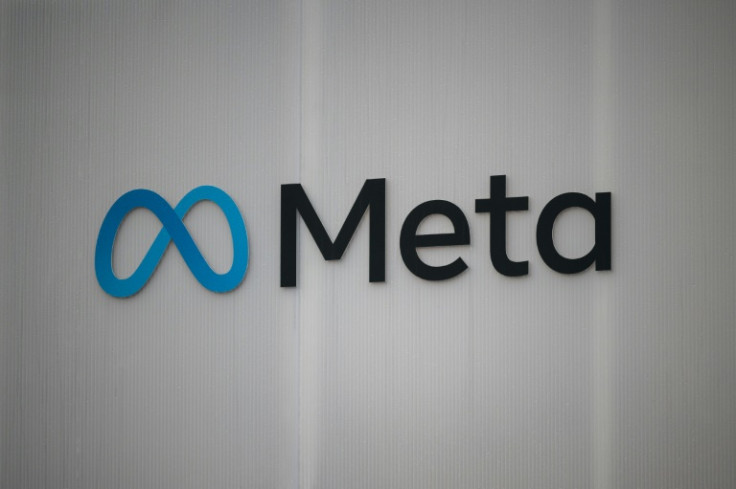
US prosecutors in Virginia are looking into whether Facebook parent Meta's social media platforms helped and made money off of the illegal sale of drugs.
According to the Wall Street Journal, the report cited documents and people familiar with the matter. The prosecutors, according to the report had sent subpoenas last year and have been asking questions as part of a criminal grand jury probe.
The paper quoted a spokesman for Meta as saying in a statement: "The sale of illicit drugs is against our policies and we work to find and remove this content from our services".
"Meta proactively cooperates with law enforcement authorities to help combat the sale and distribution of illicit drugs," he added.
The report further added that they have also been requesting records related to drug content or illicit sale of drugs via Meta's platforms.
The Food and Drug Administration is also said to be helping with the investigation.
However, the prosecutor's office and spokeswoman for the FDA declined to comment to WSJ.
According to Reuters, Meta, the FDA and the Virginia Attorney General's office did not respond to their request for comment.
Recently, Facebook's parent company said it would improve its content-monitoring system after the platform initially declined to remove ads selling illegal drugs because they didn't violate the company's advertising policies.
After National Post reported on the cannabis study last month, the reporter started seeing scores of Facebook ads selling everything from tax-free cigarettes and illicit cannabis to LSD and hallucinogenic mushrooms. When the ads were reported to Facebook, the platform responded with a message that the ads did not violate Facebook's advertising standards.
In a statement to National Post, Facebook's parent company Meta insisted its policies don't allow such ads. "We prohibit content – both in ads and in organic content – that promotes the buying and selling of pharmaceutical and non-medical drugs, and remove it whenever we find it," the statement read.
On Friday, Meta's president of global affairs, Nick Clegg, said on social media platform X that Meta had joined up with the U.S. State Department, the United Nations Office on Drugs and Crime and Snapchat to help disrupt the sale of synthetic drugs online and educate users about the associated risks.







